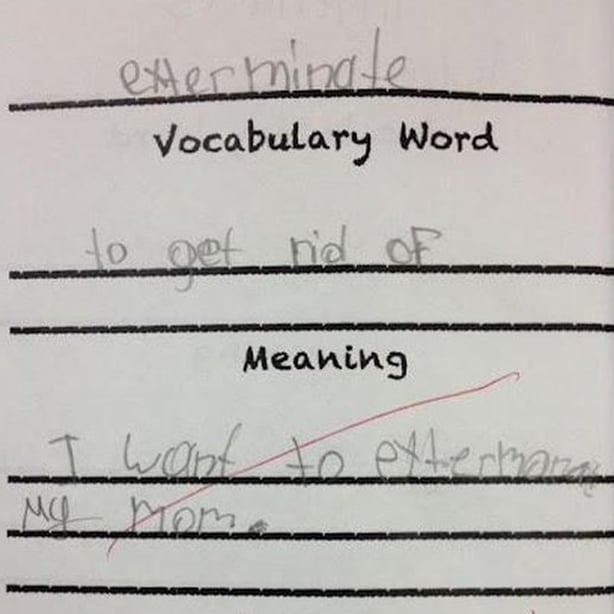
But what if it’s not a great fit for your child? When the child does not come home with all of her assignments written somewhat legibly in the book, she gets in trouble - either at home or at school. Very often, parents put in place solutions before getting really clear about the real problem they’re trying to address.įor example, a parent or school might decide that all students need to use a planner. Perhaps he has not bought in because it’s not his plan or he’s afraid he can’t do it or he wants to do it another way or he just doesn’t see why he needs to do homework at all! The real problem is not yet clear, and therefore even the best homework plan may not be the right solution to address the underlying problem. It just means that there’s probably something else going on that is a more pressing problem. That doesn’t necessarily mean your son doesn’t want to use the plan, though, or that he won’t in the future. So if kids are having meltdowns and refusing to do homework, it is more than likely that they have not actually bought into the plan. Homework is complicated - for kids and adults - for very different reasons! While you may have a homework plan to which your kids have agreed in theory, a plan is only as good as a child’s ownership of it. I know homework is tougher for students with attention deficit disorder ( ADHD or ADD) and some accommodations may be appropriate, but how do we move forward when my child’s reaction is so strong and so negative every single time homework comes up?” I’m exhausted by these daily battles and my child’s grades are suffering. I was wretched to parent and educate.Q: “Though we have a homework plan and agreed-upon schedule, when the time comes to get started my child has an epic meltdown - yelling, slamming doors, refusing to do the work.

“Not caring” runs both ways you don’t feel the “bad stuff,” and you also don’t feel the “good stuff.” As a person who didn’t care about a lot of things for a long time, I can say that it is a horrible way to live. If you have a teen who is accustomed to not caring about what his teachers or you think, then he is immune to your punishments and rewards. Caring about your integrity, what you produce and how your teacher feels about you is the primary driver of working hard, not rewards or punishments. But this only really works when children already care about school, their teachers and, yes, maybe the work.


Give them something they love, they repeat wanted behavior. Take something away that children love, they stop the unwanted behavior. There is a time and place for typical behavioral techniques. As you discover the “why,” you need to understand why rewards and punishments don’t seem to work with some children, especially when it comes to schoolwork.


 0 kommentar(er)
0 kommentar(er)
